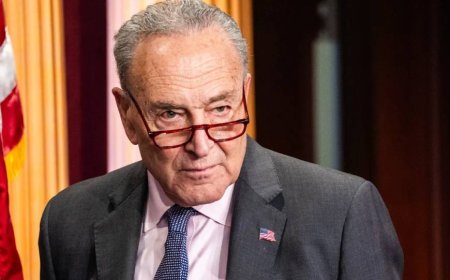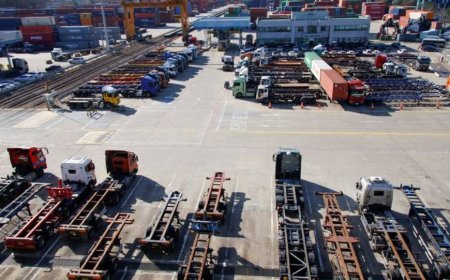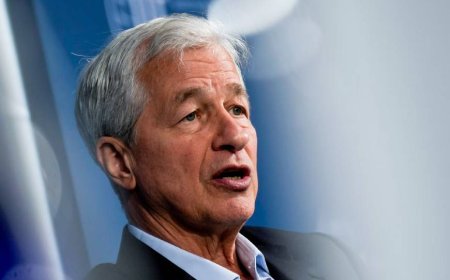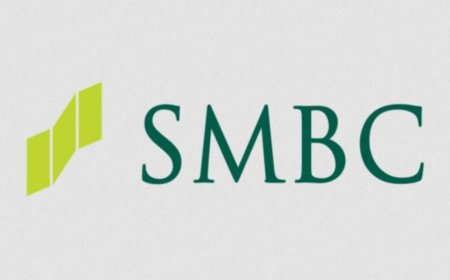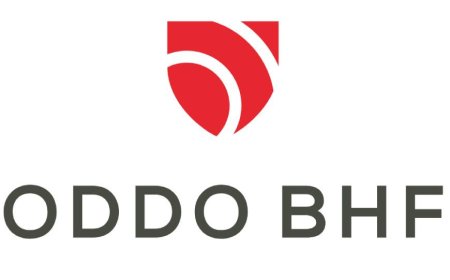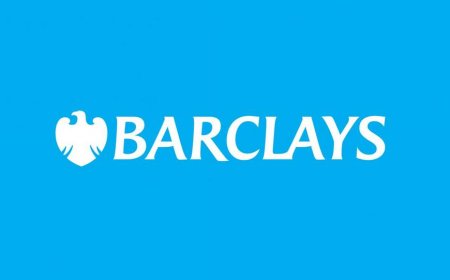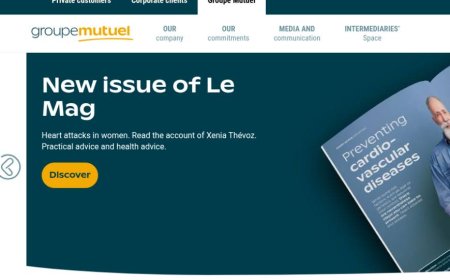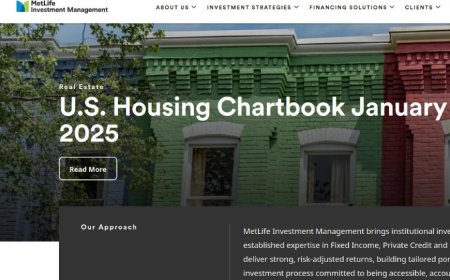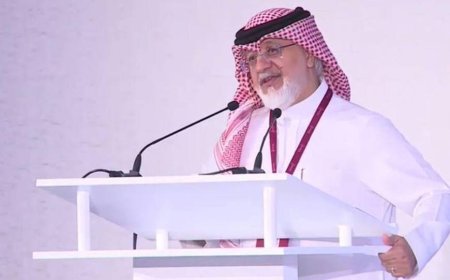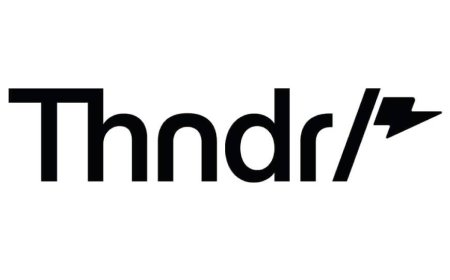Central Bank of the Gambia
The Central Bank of The Gambia (CBG) was established in 1971 when it took over the assets of the then Gambia Currency Board which was formed on 01 October 1964. In 2005, the Central Bank law was reviewed to make it conform to current best practice in mordern centrl banking law. This current trend focuses on protecting the central bank from the Gorvernment's short-term influence on monetary poli

The Central Bank of The Gambia (CBG) was established in 1971 when it took over the assets of the then Gambia Currency Board which was formed on 01 October 1964. In 2005, the Central Bank law was reviewed to make it conform to current best practice in mordern centrl banking law. This current trend focuses on protecting the central bank from the Gorvernment's short-term influence on monetary policy whilst at the same time ensuring that the central bank is more accountable for its conduct of monetary policy and the use of its resources.. The Central Bank carries out its functions independently. However, its carries out those functions under the overall supervision of the Secretary of State for Finance and Economic Affairs. The Central Bank also has responsiblilites within the framework of the ongoing economic integration processes in ECOWAS, In addition the Central Bank has responsibility to carry out economic and financial policies that have been agreed between the Gambian authorities and the IMF. The Gambia is one of fifteen now fourteen countries that formed the Economic Community of West African States ECOWAS in 1975, In 1987 the ECOWAS Monetary Cooperation Programme EMCP was adopted evisaging, amongst other things the eventual establishment of a single currency with a common central bank. The limited success of this initiative led to the adoption of the Accra Declaration by six countries inculding The Gambia on 20 april 2000 for the creation of a Second Monetary Zone. This initiative was eventually dubbed West African Monetary Zone. The six countries committed themselves to the establishment of a common central bank and the introduction of a single currency with the eventual aim of merging with the other ECOWAS monetary zone UEMOA to establish a single currency for the ECOWAS region. The West African Monetary Institute WAMI has been set up to guide and monitor progress towards convergence of the econoies. The CBG works with WAMI and other national central banks in ensuring that the intergration process is on track. In addition, the CBG also collaborates with the International Monetary Fund (IMF) to formulate key economic and financial policies that will support The Gambia’s poverty reduction strategies. Additional background information on the work of the Central Bank and the challenges we face is provided in Chapter 2. Our Mission, Values and Vision are contained in Chapter 3. The primary objectives of the bank and our strategies for achieving them are contained in Chapter 4. This plan will serve as the roadmap of the CBG’s agenda for the next five years. It would be subject to regular review in light of changing circumstances to keep it relevant. We recognize that the dedication and support of our staff has been important in our past successes and their continued dedication is essential to allow the Bank to meet the challenges of the future. We also acknowledge the invaluable guidance of the Board of Directors in steering the CBG to successfully discharge its mandate.
Address: 1/2 Ecowas Avenue, Banjul, Gambia
Phone: +220 228103
FAX: +220 226969










